ChatGPT was released by OpenAI in November 2022 and has since become a global sensation. People have been using artificial intelligence (AI) chatbots for a variety of purposes, including writing work emails, doing schoolwork, and more. Some studies have shown that generative AI could have a major impact on the legal industry, including automating jobs. However, even OpenAI CTO Mira Murati has warned that AI responses are not always accurate.
A man sued Avianca, alleging that a metal cart injured him. Steven Schwartz of Levidow, Levidow & Oberman, representing the plaintiff, used ChatGPT to search for information about court cases involving similar cases. But OpenAI’s chatbot brought up six bogus cases.
Avianca lawyers and the court became suspicious after failing to identify some of the cases cited in the filing. The law firm representing Avianca, Condon & Forsyth, said it immediately recognized that six of the eight lawsuits were bogus.
Schwartz admitted to seeking help from ChatGPT and "was unaware that the content it provided could be fake" and claimed he was unaware ChatGPT had the ability to fabricate information.
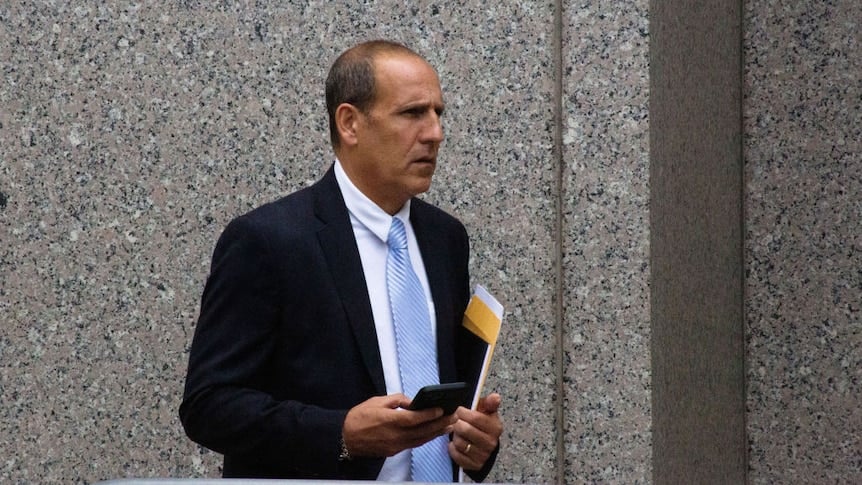
Mr. Schwartz said he felt ashamed and deeply regretful for not verifying the information provided by ChatGPT.
Judge P. Kevin Castel criticized Levidow, Levidow & Oberman for failing to “come clean about their actions.” He said the firm and its attorneys shirked responsibility by submitting fake citations created by ChatGPT. Not only that, the attorneys still submitted the forged documents after the defendants questioned the accuracy of the six cases in question.
Judge Castel fined Levidow, Levidow & Oberman $5,000 and ordered the law firm to send letters to each judge who was misidentified in the fictional cases. He said technological advances are normal and there is nothing wrong with using a trustworthy artificial intelligence tool to assist, but current rules place a significant role on lawyers in ensuring accuracy in records.
According to CBS News, the law firm Levidow, Levidow & Oberman said it would comply with Castel's order, but disagreed with the conclusion that the firm acted in bad faith. The firm also apologized to the court and its clients, admitting it made a mistake in not realizing that AI technology could fabricate cases.
Source link


![[Photo] General Secretary To Lam begins official visit to Russia and attends the 80th Anniversary of Victory over Fascism](https://vphoto.vietnam.vn/thumb/1200x675/vietnam/resource/IMAGE/2025/5/8/5d2566d7f67d4a1e9b88bc677831ec9d)
![[Photo] General Secretary concludes visit to Azerbaijan, departs for visit to Russian Federation](https://vphoto.vietnam.vn/thumb/1200x675/vietnam/resource/IMAGE/2025/5/8/7a135ad280314b66917ad278ce0e26fa)

![[Photo] President Luong Cuong presents the decision to appoint Deputy Head of the Office of the President](https://vphoto.vietnam.vn/thumb/1200x675/vietnam/resource/IMAGE/2025/5/8/501f8ee192f3476ab9f7579c57b423ad)
![[Photo] National Assembly Chairman Tran Thanh Man chairs the meeting of the Subcommittee on Documents of the First National Assembly Party Congress](https://vphoto.vietnam.vn/thumb/1200x675/vietnam/resource/IMAGE/2025/5/8/72b19a73d94a4affab411fd8c87f4f8d)
![[Photo] Prime Minister Pham Minh Chinh meets with the Policy Advisory Council on Private Economic Development](https://vphoto.vietnam.vn/thumb/1200x675/vietnam/resource/IMAGE/2025/5/8/387da60b85cc489ab2aed8442fc3b14a)








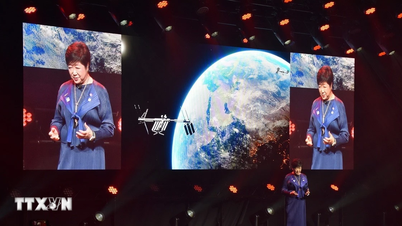
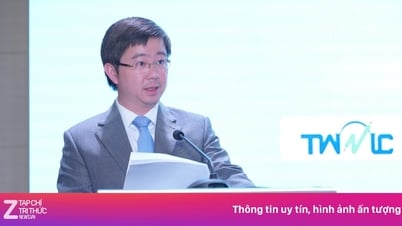
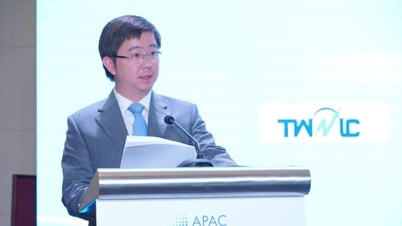










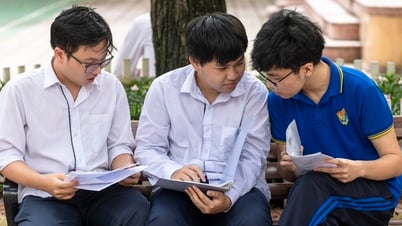
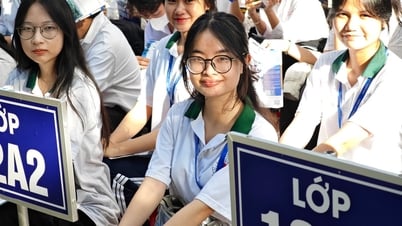

































![[Photo] Prime Minister Pham Minh Chinh talks on the phone with Singaporean Prime Minister Lawrence Wong](https://vphoto.vietnam.vn/thumb/402x226/vietnam/resource/IMAGE/2025/5/8/e2eab082d9bc4fc4a360b28fa0ab94de)

































Comment (0)